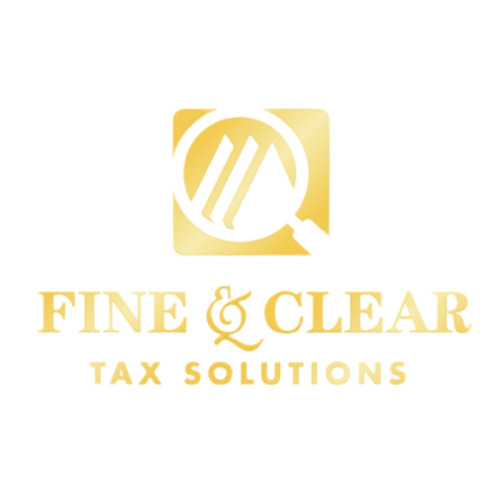The IRS Collection Process in Long Island
Long Island residents face some of the highest living costs in the country, and falling behind on taxes can be especially damaging. When the IRS files a lien or levy, the impact is immediate and serious.
What Is a Tax Lien?
A lien is the IRS’s legal claim to your property for unpaid taxes. It attaches to your home, car, and even future property. It doesn’t take the property, but it blocks you from selling or refinancing.
What Is a Tax Levy?
A levy allows the IRS to take your property or money. This includes:
- Garnishing your paycheck.
- Freezing and draining bank accounts.
- Seizing vehicles, investments, or in rare cases, homes.
Why It Matters for Long Island Residents
Property values in Uniondale and surrounding areas are high, making liens a common enforcement tactic. Levies, on the other hand, directly threaten household budgets by reducing take-home pay or emptying accounts.
Options to Fight Back
- Negotiate a payment plan to release a lien.
- Appeal a levy before it takes effect.
- Seek an Offer in Compromise if you qualify.
- Request Currently Not Collectible status if you can prove hardship.
Don’t Let the IRS Act First
Once the IRS starts taking your money, your negotiating power shrinks. Act before deadlines pass.
Fine & Clear Tax Solutions, led by Guy Finocchiaro, helps Long Island residents fight liens and levies to protect their homes, wages, and bank accounts. Call today for a free consultation.

